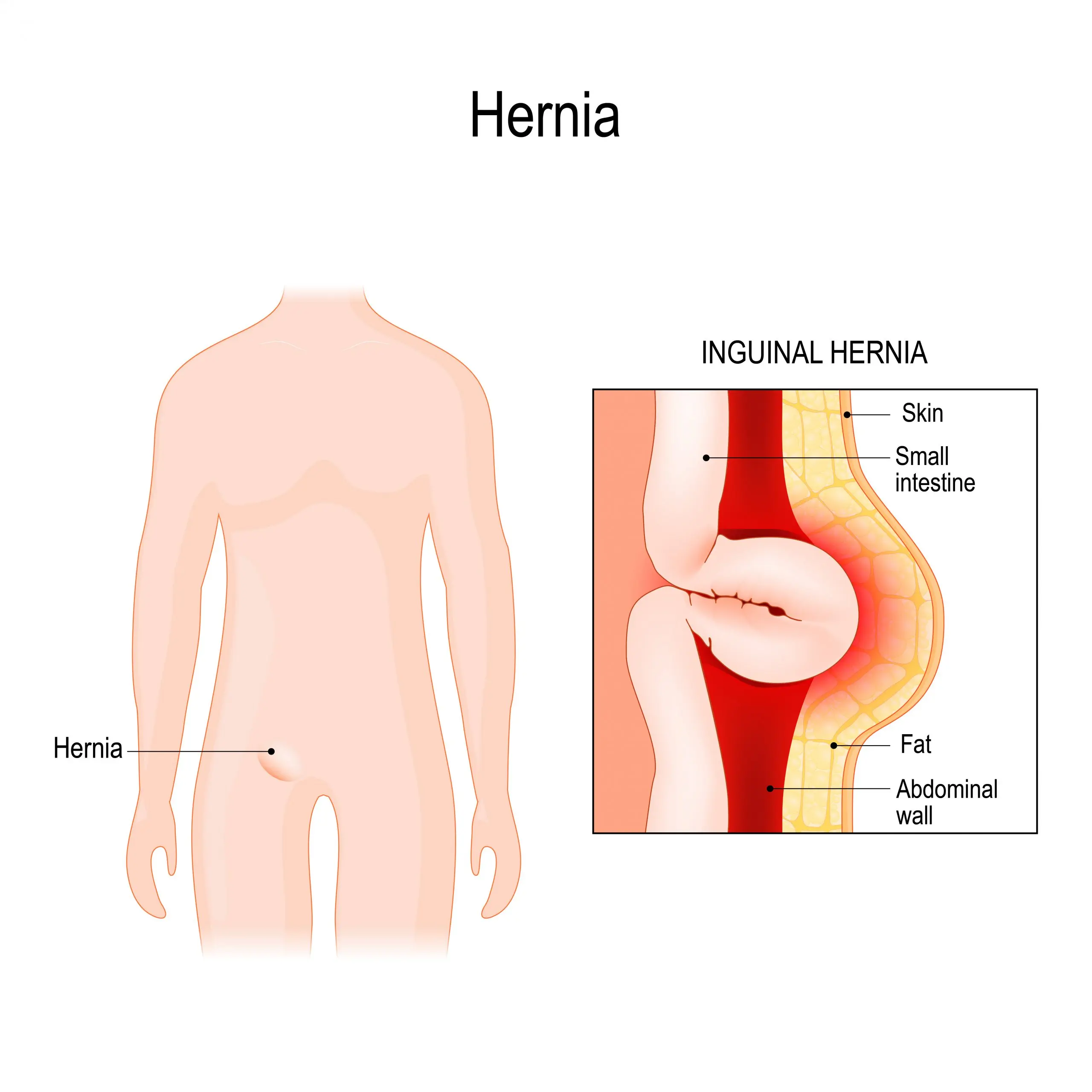Do antibiotics affect the contraceptive pill?
For decades, if a woman was started on an antibiotic, it was standard practice for the doctor to ask if she was also taking the contraceptive pill. It was thought that antibiotics interfered with the levels of the pill in a woman’s body, and might stop it from working. Therefore, women on the pill were advised to use condoms or avoid intercourse if they were taking an antibiotic.
New advice about antibiotics and the contraceptive pill
But in 2012 the official advice changed. Research shows that, in fact, most antibiotics have no effect on how the pill works. So, if a woman is on an antibiotic for a common infection such as sore throat, chest infection or UTI, there is generally no need to worry about doubling up with extra protection. The pill will continue to work perfectly well. But, like most things in life, there are a couple of notable exceptions:
Sometimes a woman might get diarrhoea or vomiting as a side effect from an antibiotic- in this case it’s hard to be certain if the contraceptive pill is being absorbed properly, and therefore additional protection is advisable. Pill packs usually contain instructions regarding what to do if you have these symptoms, and will tell you how long extra protection is necessary.
There are also two antibiotics which are exceptions to the above rule- these antibiotics are very seldom prescribed by a GP- they’re used to treat uncommon infections such as TB and meningitis, and sometimes as a preventive measure in people who have been exposed to a case of meningitis. These antibiotics do have the potential to interfere with the contraceptive pill, and the prescribing doctor should give very clear advice with this in mind.
Whether you choose to get your pill from a regular clinic or from an online doctor, it’s important you understand how to take your pill correctly, so that it works as effectively as possible. Check the patient information leaflet in the pack, or ask your doctor or pharmacist if you are not sure!
Inguinal hernia
Inguinal hernia A hernia is a bulge or protrusion through a weakness or an opening. An inguinal hernia is one that occurs in the groin where the abdomen meets [...]
Anogenital warts
Anogenital warts What are anogenital warts? Anogenital warts are caused by Human Papilloma Virus (HPV) and can affect the anus and the genitals. There are over 150 types of [...]
ACL injuries & tears
ACL injuries & tears The knee has two ligaments inside the joint, that stabilise it when we are moving forwards or backwards. These are called the anterior and posterior cruciate ligaments. The anterior cruciate [...]






